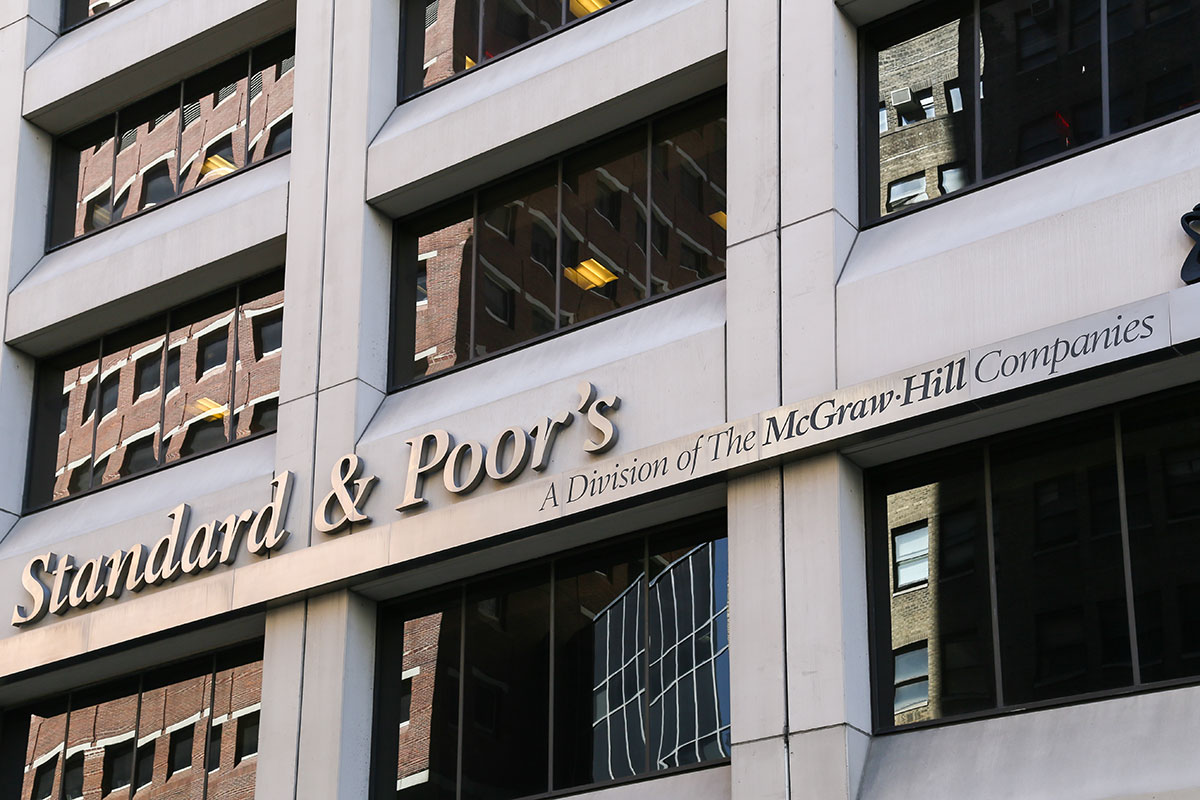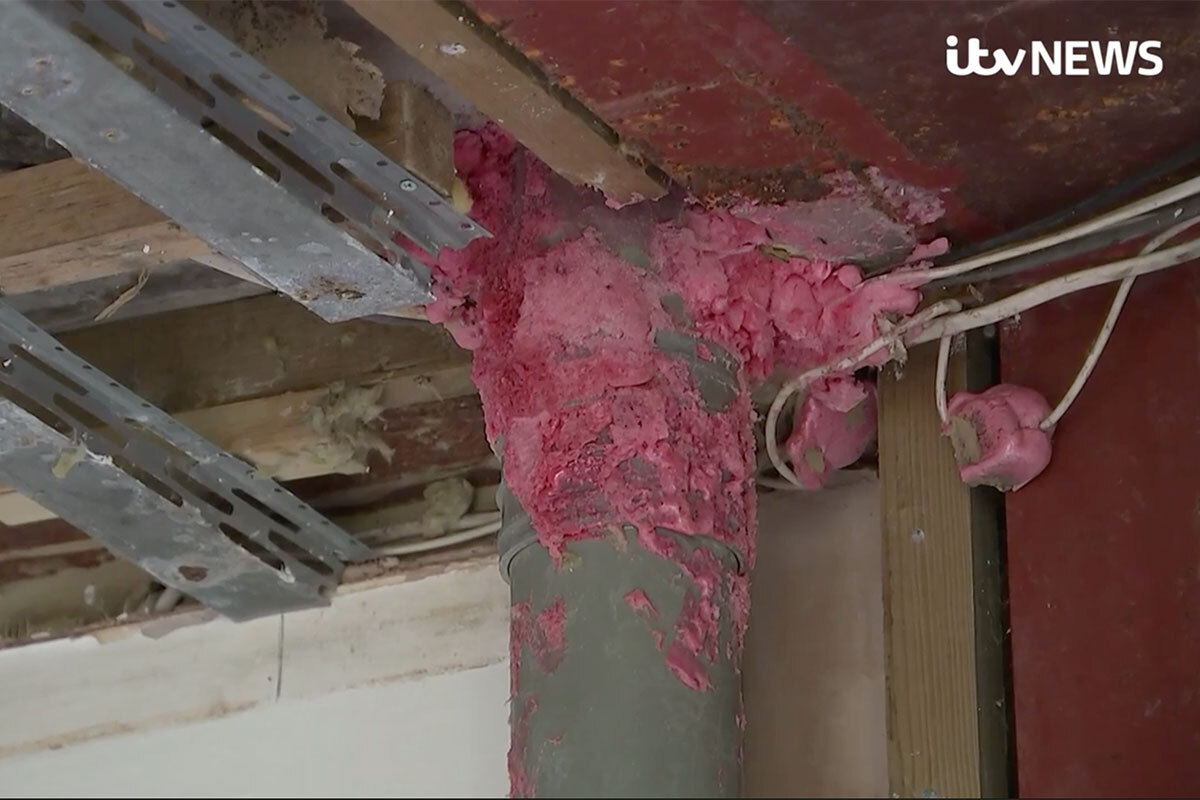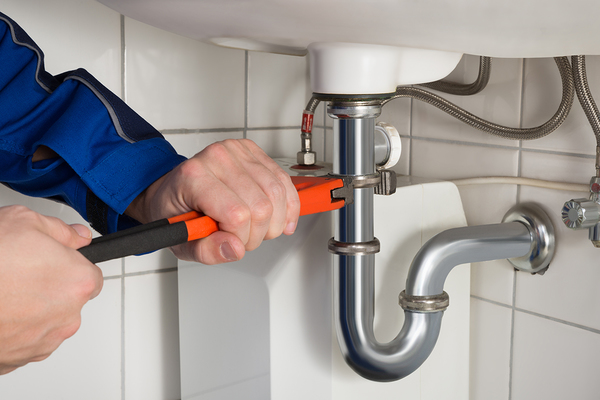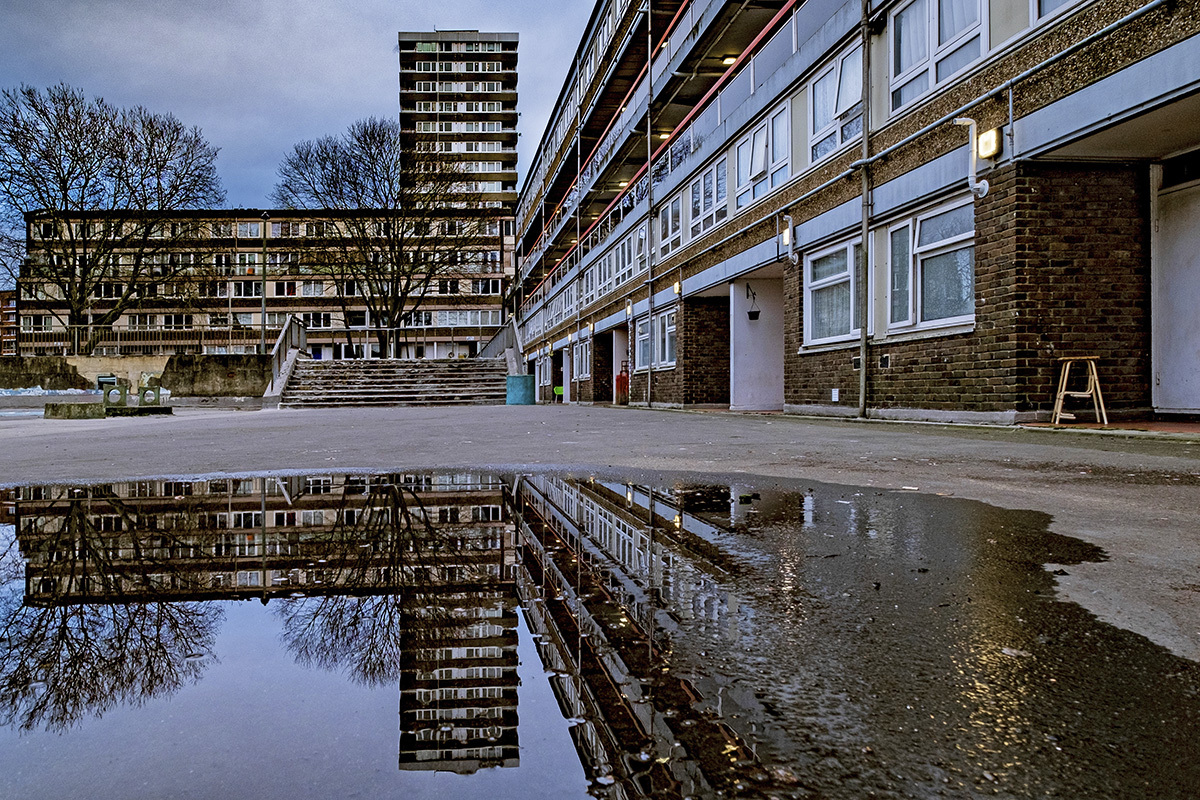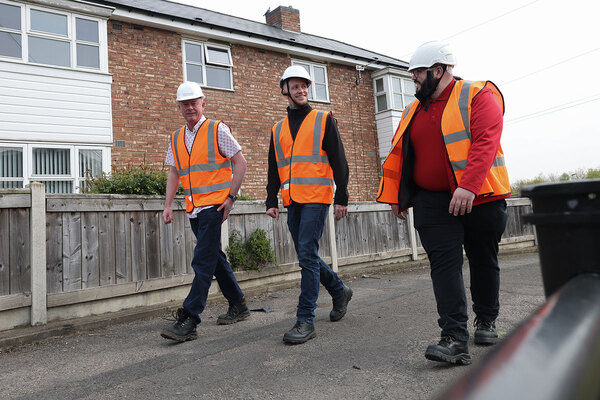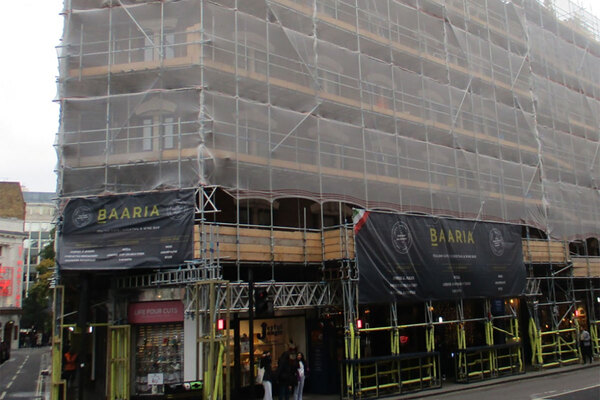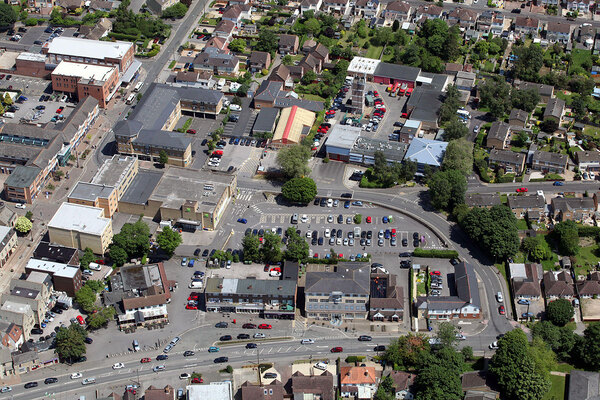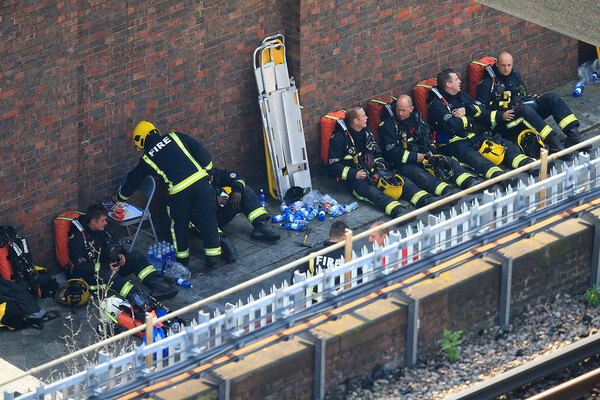You are viewing 1 of your 1 free articles
Landlord hit with credit downgrade over rising fire safety costs
A major credit rating agency has downgraded PA Housing over concerns that its fire safety remedial work will cost more and take longer than expected.
Standard & Poor’s (S&P) has handed the 23,000-home landlord a BBB+ rating, down from A-. The agency said PA Housing’s financial metrics were due to “weaken” because of the extra spending.
A BBB rating means an entity has “adequate protection parameters”, but “adverse economic conditions or changing circumstances are more likely to lead to a weakened capacity of the obligor to meet its financial commitments”.
The drop from an A to a BBB rating can affect funders’ appetite to invest in an organisation significantly.
S&P said in a new report: “We think that the group’s higher total costs on fire safety works and extended timeline to achieve these works will result in thinner adjusted [earnings before interest, tax, depreciation and amortisation (EBITDA)] margins than we had previously expected.”
The Regulator of Social Housing downgraded PA Housing to a V2 rating for financial viability in March last year over its fire safety spending.
In its report today, S&P said money from the government’s Building Safety Fund and possible settlements with contractors could “partly” offset the costs.
However, the amount PA Housing would recover and how long it would take remained “uncertain”, the agency said.
S&P also flagged that the landlord, which operates across London, Surrey and the East Midlands, would still need to carry out regular maintenance work and upgrade properties for energy efficiency.
As a result, PA Housing’s margins are likely to take a hit, according to S&P.
“We… expect that these rising cost pressures will suppress the group’s adjusted EBITDA margin below 20% in the coming two to three years,” it said. PA’s typical margins have previously been around 30%.
Like many of its peers, PA Housing is also cutting back its development plans amid rising costs and an uncertain economic environment.
This scaling back will “partly alleviate the pressure, but the debt metrics will still be vulnerable”, according to S&P.
On a positive note, S&P said it expected PA to limit its exposure to the commercial market to shared ownership sales in the next two to three years, which currently accounts for around 14% of income.
S&P maintained its ‘stable’ outlook for PA, as it believes the landlord’s “commitment to contain costs, especially investments in fire safety, will limit further downside pressure on the group’s financial metrics”.
Simon Hatchman, executive director of resources at PA Housing, said: “This change does not impact our plans to invest in our homes and services whilst maintaining our financial resilience.
“We are working to a robust financial plan, and we continue to navigate an appropriate path through the current operating and economic climate.
“The safety of our residents remains our top priority and we’re firmly committed to completing our fire safety remediation projects as soon as we can. We continue to support our residents and we are managing our contractors to complete the works as efficiently as possible,” he added.
PA Housing has also faced a series of severe maladministration findings from the Housing Ombudsman. It led to its chief executive, Michael McDonagh, being asked to meet the ombudsman’s officials in March to discuss its “unacceptable” failings.
Mr McDonagh took over at PA Housing in February, when Dilip Kavi stepped down after six years in the job.
Sign up for our development and finance newsletter
Already have an account? Click here to manage your newsletters
